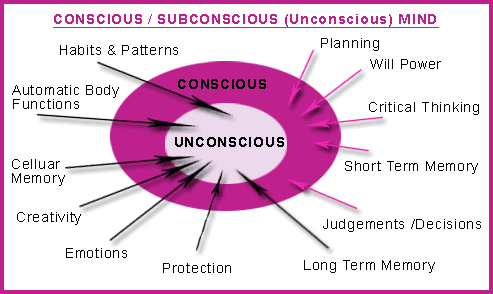Earlier this week I felt my life
had no purpose. I had managed several crises for the past few years and the
situations are now under control. I thought again of the 3 reasons to live
given by Viktor Frankl that I wrote about in ‘Survive
your camp’. You can survive a difficult situation by having a meaning in
life, a great love, or acceptance of your suffering.
Because the
crises had passed, I was no longer suffering.
I recently studied
stoical philosophy to help me cope and understand life. This resulted in me
focusing more on my place in the universe, on acceptance of fate and on how
little influence I have outside my own mind. While this acceptance significantly
lessened pain I might feel, I could no longer love anyone or aspire to love
anyone with great intensity.
So that just left
life’s meaning – the great work that I would do. I do a lot of work at my job,
my writing, my horticulture and looking after my house. But right now none of
it seems to be the main meaning in my life.
I even wished
for another crisis so I would have something on which to focus. So my suffering
would again become the driving factor. But I quickly discarded this idea. Why
would anyone wish for pain? I should be thankful that I was no longer
suffering. I have great talents and multiple opportunities, even if none of
them really felt strong enough to be a meaning of life.
Then I asked
what I could do that would make my life feel fulfilled and ultimately reward
me. What do the people we most admire do?
They dedicate their lives to helping others or doing things that bring
happiness to others. We all know many people who dedicate their lives to helping
or entertaining others. Yesterday on the radio I heard a British nurse who
survived Ebola say he was going back to West Africa again to help others. Many
people are similarly giving.
Then it struck
me. Most of what I do is to help others. In my work I develop useful products
to make people’s lives better and help my colleagues to do their jobs. I do my
job to earn money to help my family. I help with social clubs for the benefit
of others. Even the work I do in my garden will ultimately help others by
producing fruit, jams and wines. I will be rewarded for helping others, both in
personal satisfaction and perhaps financially. By writing this column today I
am helping you the reader.
Perhaps you
are happy living a life with another focus. Perhaps you have a job, or hobbies
and pastimes that you find so engrossing and satisfying that you are happy and
fulfilled in yourself. In this case you should continue with the life that you
have. You may if you examine your life realise that you are bringing happiness
to others just by doing what you do.
But if your
life feels empty, focus on the help you give to others. Think how others
benefit from what you do. Spend more of your time doing things for other
people. A more selfless focus to your life will make you feel so much better
about yourself. It will give your life meaning.
Strive to help
others and to make their lives better. The life most benefitted by the help you
give will be your own.

















